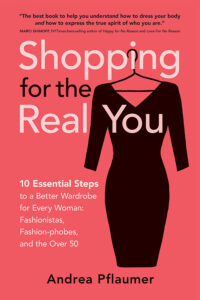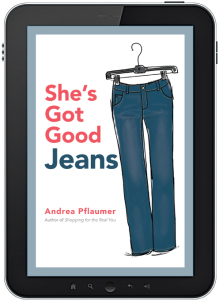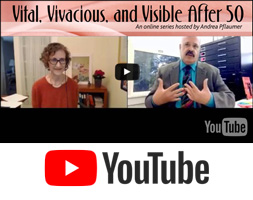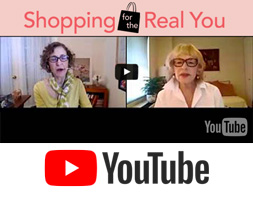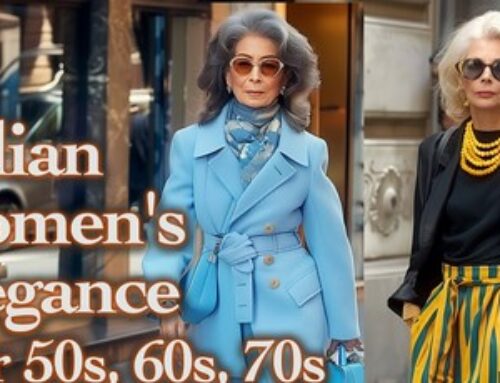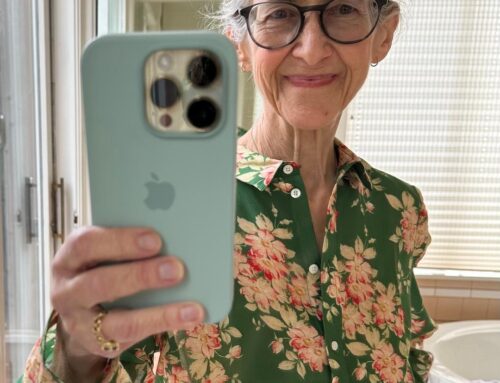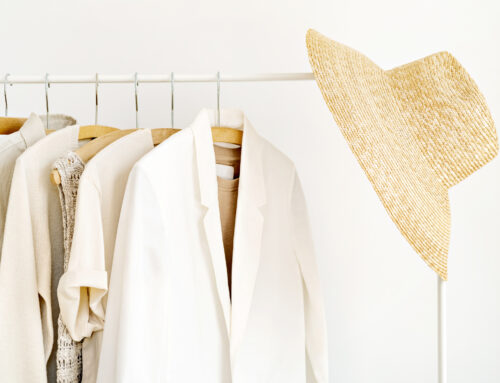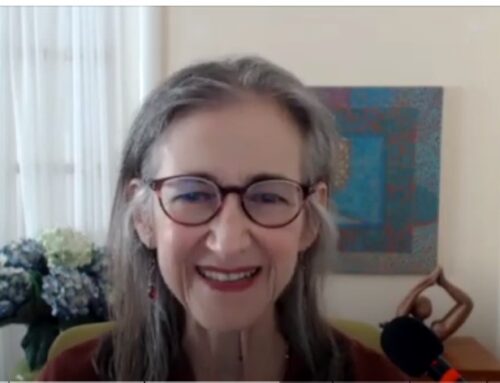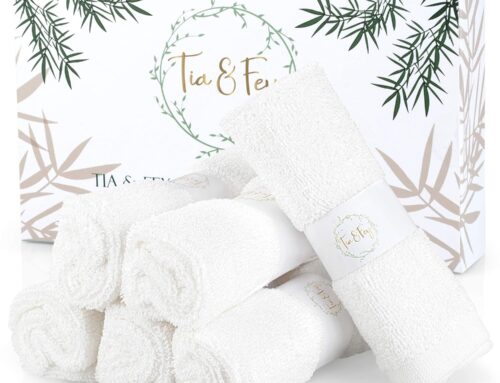If you’ve somewhat isolated the last two years you may have become a little bit numb to what you are feeling at any moment. If we fear mingling in crowds, going to public places, even seeing friends and relatives, our senses tend to shut down.
But we have physical bodies for a reason. We are “fed” through all our senses. We ingest and nourish ourselves through what we hear, see, touch, smell, and feel. There are many things we can do in our own environment to awaken our senses. A lifetime is short, in the larger scheme of time. Enjoy the senses you have while you have them.
If you want a place to start I can highly recommend Diane Ackerman’s Natural History of the Senses. It’s delightful and enlightening.
Smell

Photo by Media Modifier on Unsplash
 The sense of smell can evoke wonderful memories; the aroma of an apple pie baking in the oven on a cold winter day, the invigorating scent of pine trees on a mountain trail, or the fragrance of the salty air wafting through the breeze on a seaside vacation. Someone’s personal scent (we all have one) or their perfume or cologne can trigger our subconscious attraction to them.
The sense of smell can evoke wonderful memories; the aroma of an apple pie baking in the oven on a cold winter day, the invigorating scent of pine trees on a mountain trail, or the fragrance of the salty air wafting through the breeze on a seaside vacation. Someone’s personal scent (we all have one) or their perfume or cologne can trigger our subconscious attraction to them.
This is why the loss of smell that has been experienced by some people who contracted Covid was devastating. Our sense of smell is a very fundamental and visceral part of life because it connects us with our limbic system, the region of our brain associated with memories. Whether you choose incense, essential oils, food, or plants, make fragrance a part of your life.
Buying yourself fragrant flowers is a lovely way to nourish the sense of smell.
Touch

Photo by Kampus on Pexels
Human touch calms the central nervous system and slows down the heart rate. It lowers blood pressure and triggers oxytocin, the hormone that helps us bond with others. Lack of touch can shorten a life. Covid has made that painfully evident.

Photo by Aneta Lusina on Unsplash
In the years that I taught movement therapy and fitness to seniors at a local hospital, I made it a point to physically touch a lot of my students; a hug, a gentle touch of the arm, a pat on the back. Many of them were widows or widowers who hadn’t had any physical contact for months or years. Whether or not you are fortunate to have a loving family or group of friends around who you can hug, you can still receive the benefits of touch; getting your hair washed and your head massaged at a hair salon and getting your head massaged or getting bodywork are options. And if all else fails give yourself an oil massage before taking a hot shower. It’s an excellent form of self-care. Ayurvedic practitioners recommend it as a daily process.
Taste

Photo by Ekaterina NT on Pexels
How much do you really taste your food? How present are you when you eat? Do you savor each bite? Or do you just scarf it down quickly? When we actually take time to eat with awareness every bite becomes more enjoyable, and more importantly, more digestible. One of the best lessons I ever learned was from an Ayurvedic doctor who told me to chew each bite 20 times. He said, “your stomach doesn’t have teeth!” When you honor what you are eating, you are honoring the person who made it, the farmer who grew it, the person who delivered it to the market, and most of all, yourself.

Photo by Kraken Images on Unsplash
Enjoying what you eat makes the process of eating a holy event. And when you share that with friends, it doubles the enjoyment.
Hearing

Photo by Karolina Grabowska on Pexels
This is one that I have personally had to come to terms with, as I started losing my hearing about 15 years ago and have now lost about 80% when I’m not wearing my hearing aids. One of the hardest things to accept was that I can no longer hear musical notes. The way the brain works with hearing loss is that if you have heard a song from your youth, your brain remembers what it sounded like and you will still be able to hear the notes even when your hearing goes south. But anything new or highly digitally manipulated simply sounds like static.
Our sense of hearing is a very significant part of our life’s story: the gentle sound of the rain on the roof, a baby’s gurgling or first words, the soundtrack of our lives through the popular music at various phases of our lives. Protect your hearing – and encourage the young people in your life to wear earplugs when they attend loud concerts, or turn down the volume on their digital devices.
Sight

Photo by Stephanie Fuchs on Unsplash
What we see – and what we choose to see – is “ingested” as much as anything we eat. It might inform, shock, soothe, inspire, calm, or agitate us. When we look for the beauty in our surroundings, choose films or videos with beautiful scenery, go to museums or art galleries displaying beautiful images, we are feeding our very souls. What do you make a regular part of your visual “diet?” And how does it affect you?
Make it a habit to connect with your senses. It is very grounding, and well…satisfying!![]()
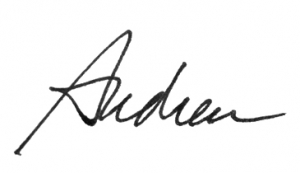
Andrea’s books and new video series:


